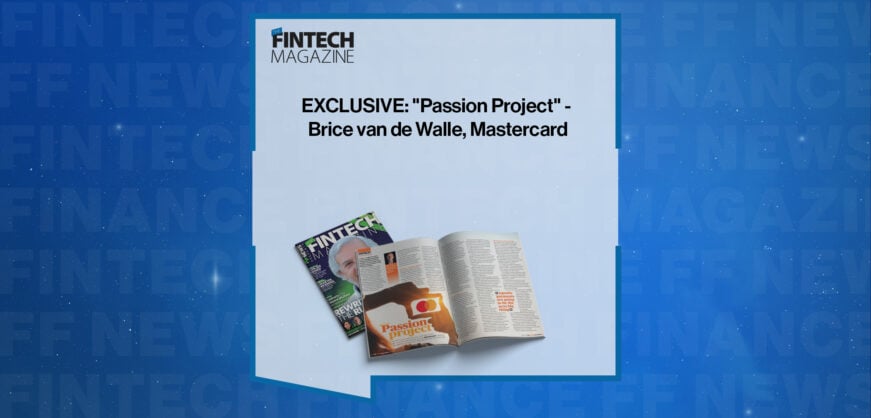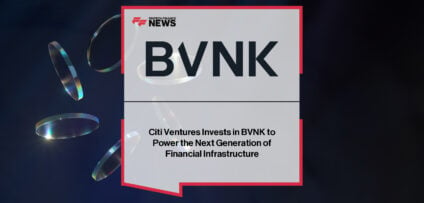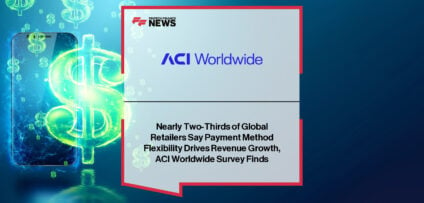Breaking News

How Fintech is Revolutionizing Data Access for Financial Institutions
The rise of fintech has transformed the way the financial industry operates, from banking and investing to lending and insurance.
One of the most significant ways in which fintech is disrupting traditional financial services is by improving data access for financial institutions.
What is Fintech?
Before delving into how fintech is improving data access, let’s first define what fintech is.
Fintech, short for financial technology, is a term used to describe any technology used to provide financial services.
Fintech encompasses a wide range of products and services, from mobile banking apps to robo-advisors to blockchain-based payment systems.
Improving Data Access for Financial Institutions
Traditionally, accessing financial data has been a time-consuming and cumbersome process. Financial institutions often rely on manual data entry and processing, which can lead to errors and delays. Fintech is changing this by offering innovative solutions that streamline data access for financial institutions.
One of the most significant ways fintech is improving data access is through application programming interfaces (APIs). APIs allow different software systems to communicate with each other, which means that financial institutions can easily access data from different sources without manual intervention. For example, a bank can use an API to access data from a third-party provider, such as a credit bureau, to make lending decisions.
Fintech is also leveraging big data and artificial intelligence (AI) to improve data access for financial institutions. By analyzing large amounts of data, fintech companies can provide financial institutions with insights that they may not have been able to uncover otherwise. For example, fintech companies can use AI to analyze customer data to identify potential fraud or to personalize marketing messages.
Benefits of Improved Data Access
The benefits of improved data access for financial institutions are numerous. First and foremost, it allows financial institutions to make more informed decisions. By having access to a wider range of data sources, financial institutions can better understand their customers and their needs.
Improved data access also leads to greater efficiency. Automated data processing reduces the time and resources needed to process data manually. This means financial institutions can make decisions faster and more accurately, which can lead to increased profitability.
Finally, improved data access can help financial institutions comply with regulations. Financial institutions are required to maintain accurate and up-to-date records, which can be a challenging task without the right tools. By leveraging fintech solutions that provide automated data processing, financial institutions can ensure they are meeting regulatory requirements.
Wrapping Up
Fintech is revolutionizing the financial industry in many ways, including improving data access for financial institutions.
APIs, big data, and AI are just a few of the technologies that fintech companies are using to streamline data access and provide financial institutions with valuable insights.
The benefits of improved data access are numerous, including more informed decision-making, greater efficiency, and improved regulatory compliance.
As fintech continues to evolve, we can expect even more innovative solutions to emerge, transforming the financial industry for the better.
- EXCLUSIVE: “Passion Project” – Brice van de Walle, Mastercard in ‘The Fintech Magazine’ Read more
- FreedomPay Drives Global Merchant Innovation Read more
- FIS Brings AI-Powered Advancements to Seamless, Personalized Digital Banking Experiences Read more
- Citi Ventures Invests in BVNK to Power the Next Generation of Financial Infrastructure Read more
- Nearly Two-Thirds of Global Retailers Say Payment Method Flexibility Drives Revenue Growth, ACI Worldwide Survey Finds Read more












